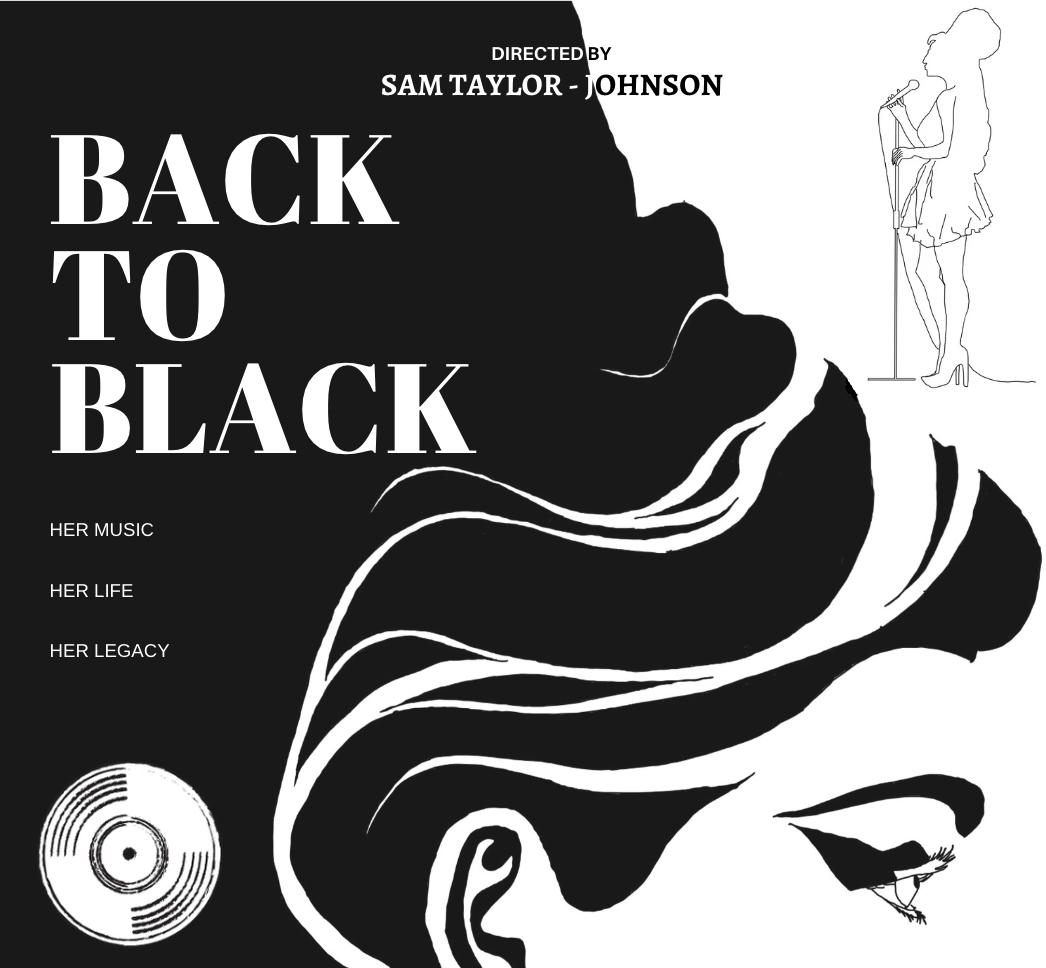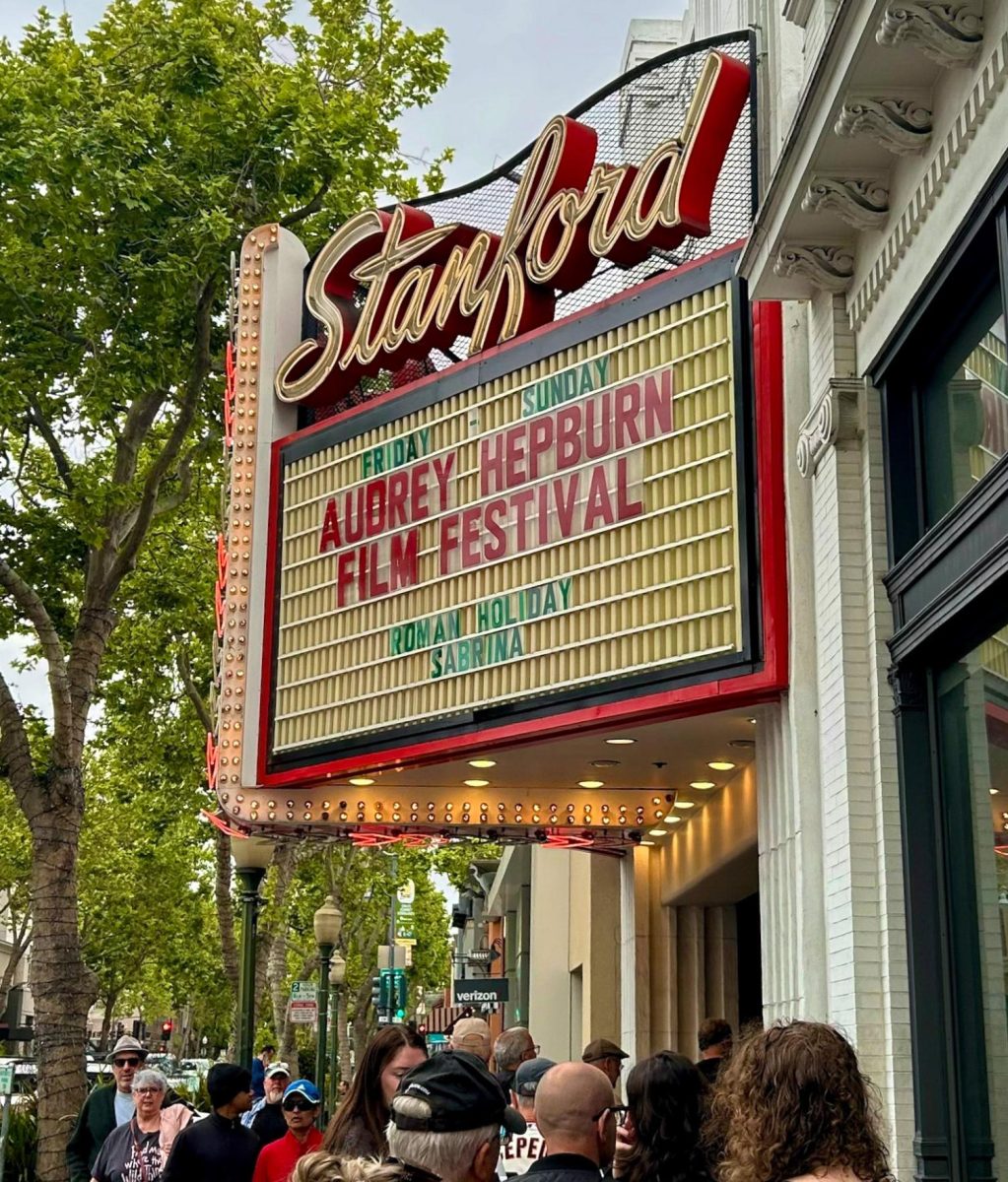“Back to Black,” the Sam Taylor-Johnson directed biopic that rolled out in mid-May, carries the impossible expectation of being an Amy Winehouse movie.
Although the music seems to come from a place of love, the writing and characterization don’t — the end product is a voyeuristic and exploitative film with a killer soundtrack.
Starring Marisa Abela as Amy Winehouse, “Back to Black” chronicles Winehouse’s emergence to stardom as a jazz singer, her tumultuous romantic relationships and the drug and alcohol abuse that resulted in her passing away at only 27.
Also featured are Jack O’Connell as Blake Fielder-Civil as Winehouse’s husband, Lesley Manville as her grandmother Cynthia and Eddie Marsan as her father Mitch.
With a run-time of two hours and two minutes, “Back to Black” slowly drags the audience through a disjointed narrative, edits that bounce between Winehouse’s breakout into the music scene and fragmented segments of her personal life.
Many fascinating turning points, including the creation of Winehouse’s first studio album, are hastily sped through and overlaid with snippets of her music. Although I found these transitions to be rushed, it was a good way to rehash her songs for Winehouse casuals.
As an introduction to Winehouse’s life and music, the film works but only in the loosest standards. It provided some insight on the developments leading to Winehouse’s rise to fame but revealed very little on who she was as a private person.
The most controversial content is the sensational second-half of the film. It puts heavy emphasis upon Winehouse’s drug and alcohol use, her disagreements with Fielder-Civil and her struggles with the media. The film does seem to criticize the media’s treatment of Winehouse during her life, including multiple scenes of the paparazzi loitering around her residence.
However, the window that “Back to Black” forces open isn’t much more empathetic than the media. The focus on Winehouse’s struggle with drug use falls flat and it fails to capture the complexities of addiction as a disease or the finite nuances of Winehouse’s personal life.
Alternatively, the film fulfills the same role as the gossip rags it portrays — the camera peeks into her bedroom showing you glimpses of her tragic love life and cuts away before she can explain herself.
Abela also takes on the heavy task of covering Winehouse’s vocals on her own, which is impressive to attempt. She does a decent job of imitating Winehouse’s tone and characteristic inflections, and her voice has real power to it.
Something becomes abundantly clear through Abela’s portrayal of Winehouse’s performance of “Rehab” for the Grammys, it’s a far cry from the real thing. There’s a noticeable difference between studying Winehouse’s vocals, getting her riffs down note by note and Winehouse’s spontaneous, live rearrangements of her own music.
The film itself follows the same principle. It fails to honor Winehouse’s life and legacy, especially with the empathy she failed to receive during her lifetime. It also fails at making a legitimate statement about the bloodthirsty nature of celebrity journalism as it fulfills almost the same role as those tabloids.
As an introduction to Winehouse’s life and music, “Back to Black” receives a pass — but there are options more heavily rooted in truth, such as A24’s documentary “Amy.”
I would not say that “Back to Black” was made with malicious or even careless intentions, but the lack of grace in which it handles Winehouse’s life comes across as such. Her story deserves more care and empathy, and it would be more empathetic not to make a biopic about her to begin with.
Rating: 2/5























